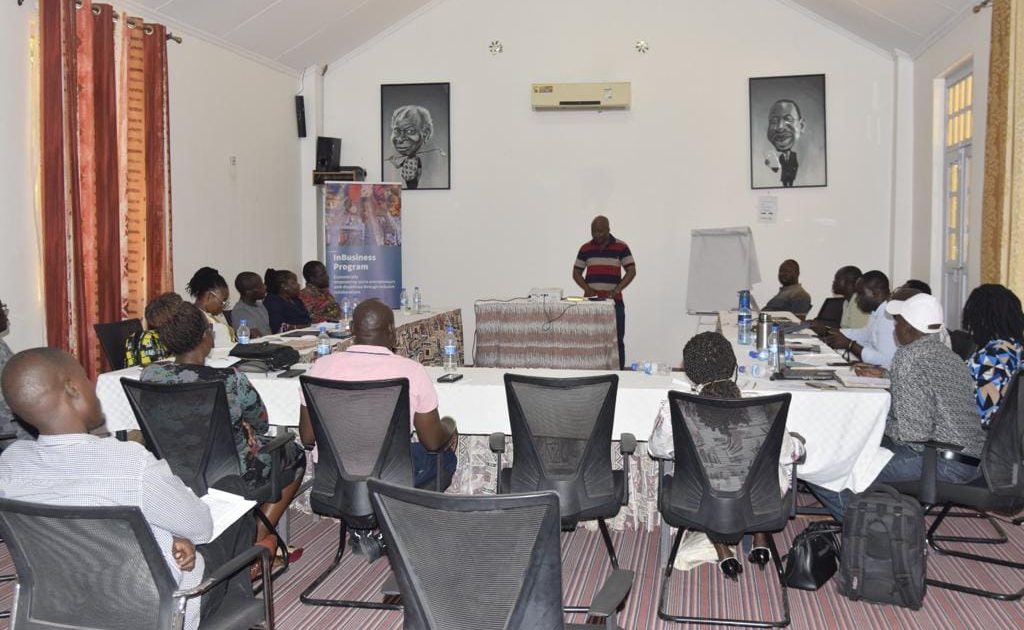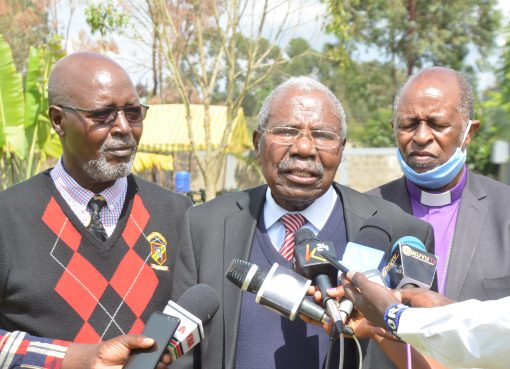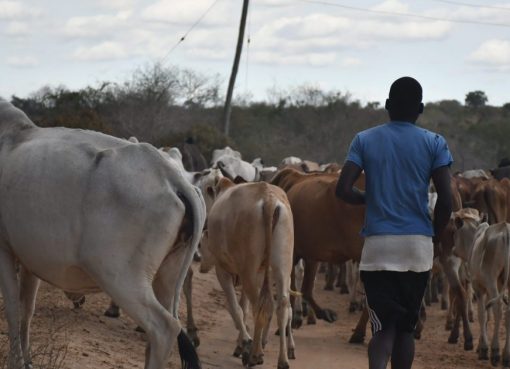A non-governmental Organisation, Humanity and Inclusion (HI) Kenya is collaborating with the Turkana County Government to implement ‘In-Business Project’ that seeks to improve the socio-economic wellbeing of People with Disability (PWD) Micro Entrepreneurs (MEs) within Kakuma Refugee Camp, Kalobeyei Settlement and Host Community in Kakuma, Turkana West sub county.
A two-day meeting in Lodwar discussed the rights of PWDs and how they could effectively participate in doing business just like other people in Kakuma.
The meeting, supported by HI, strategized on how PWDs in Turkana West can engage in Small and Micro-Enterprises (SMEs).
The ‘In Business Project’ already supports 75 micro-enterprises by PWDs within Kakuma Camp and Kalobeyei Settlement in the spirit of KISDEP.
The County Chief Officer for Education and Social Protection Moses Korea, said the intervention by ‘In-Business Project” has contributed towards breaking socio-economic challenges faced by refugees with disability.
He called on the programme to expand its coverage beyond Turkana West, since there are more PWDs across the County, who’re in need of support services.
The Chief Officer pointed out that the programme which targets PWDs would only succeed if correct data is used to determine their numbers, distribution and specific needs.
At the same time, the County Solicitor Ruth Emanikor, pointed out that the Sustainable Development Goal No.17, partnership for the goals, emphasizes on leaving no one behind.
“Disability inclusion is one of the ways of ensuring we break the barriers and include affirmative action program policies designed to redress any disadvantages suffered by individuals or groups as a result of past discrimination,” Emanikor said.
She said the County Government is supporting the initiative by In-Business Steering Committee on improving PWD’s living conditions, while respecting their fundamental rights and dignity.
The Deputy Director for Social Protection Hebrews Idoka commented that there is a strong legal framework in support of inclusive practices for the refugee and host community involved in business and livelihood programmes.
Idoka cited stigma and discrimination, access to capital, infrastructure that prohibits access to both private and public premises, legal requirements for business operation, and the running of micro-enterprises by proxy for people with complex disability and high support needs, as some of the existing barriers to economic inclusion for Micro-Entrepreneurs with Disability.
The Chairman of the Kenya National Chamber of Commerce (KNCC) Turkana Chapter, Justus Amoni underscored the need for proper documentation and encouraged all stakeholders to put more effort in ensuring the inclusion concept works well.
By Peter Gitonga




